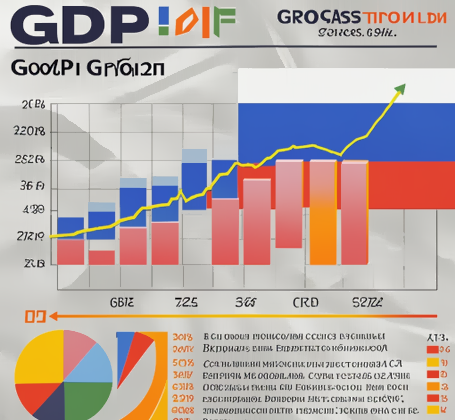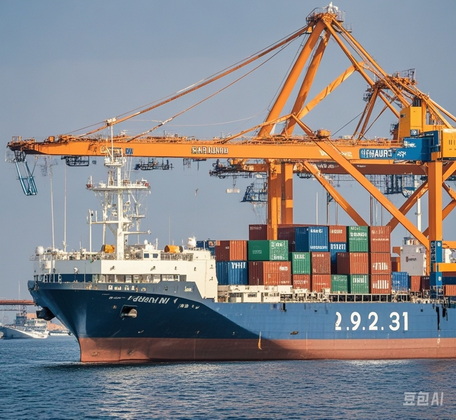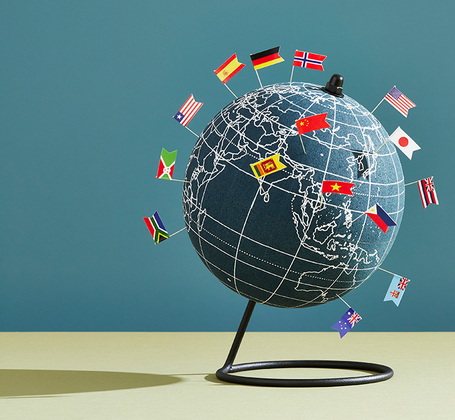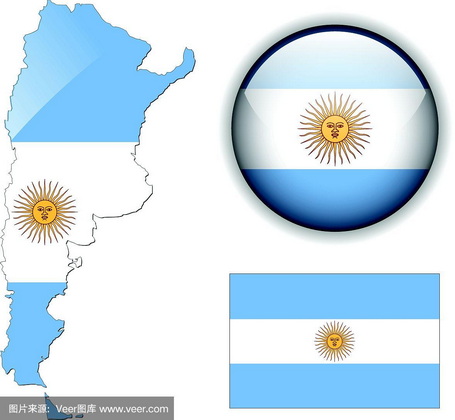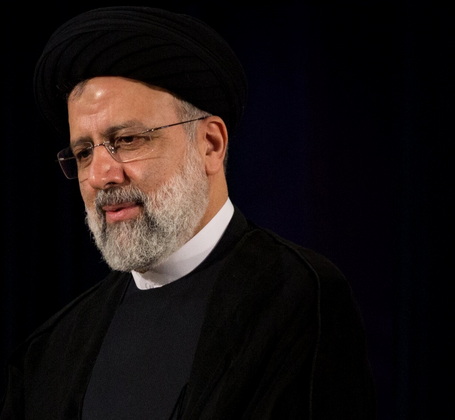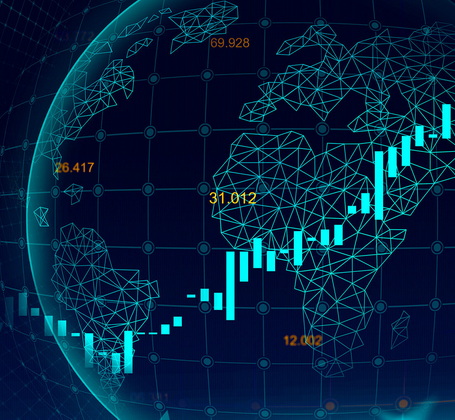Import and export increased by 5.3% in the first three quarters
According to customs statistics, in the first three quarters, China's import and export reached 32.33 trillion yuan, a year-on-year increase of 5.3%. Among them, exports were 18.62 trillion yuan, an increase of 6.2%; imports were 13.71 trillion yuan, an increase of 4.1%. It mainly presents the following characteristics: First, the total value of imports and exports has reached a new high, and each quarter is above 10 trillion yuan. In the first three quarters, it exceeded 32 trillion yuan for the first time in the same period in history. The imports and exports in each quarter are 10.15 trillion yuan, 11 trillion yuan, and 11.17 trillion yuan. It can be said that each quarter exceeds 10 trillion yuan, and three quarters exceed 32 trillion yuan, which is a first in the same period in history. Second, all types of business entities remain active, and private enterprises achieve relatively fast growth. In the first three quarters, the import and export of private enterprises in China was 17.78 trillion yuan, an increase of 9.4%, accounting for 55% of the total foreign trade value, an increase of 2.1 percentage points; the import and export of foreign-funded enterprises was 9.53 trillion yuan, an increase of 1.1%. It has been growing for two consecutive quarters; the import and export of state-owned enterprises was 4.95 trillion yuan, an increase of 0.1%. Third, the steady progress of market diversification. Trade with more than 160 countries and regions around the world has achieved growth. The import and export to countries jointly building the "Belt and Road Initiative" was 15.21 trillion yuan, an increase of 6.3%, accounting for 47.1%; the import and export to other member countries of the RCEP was 9.63 trillion yuan, an increase of 4.5%. Among them, the import and export to ASEAN was 5.09 trillion yuan, an increase of 9.4%. In the same period, the import and export to the European Union and the United States were 4.18 trillion yuan and 3.59 trillion yuan respectively, an increase of 0.9% and 4.2% respectively. Fourth, the structure of export products is optimized, and the export of high-end equipment increases by more than 40%. In the first three quarters, China's export of mechanical and electrical products was 11.03 trillion yuan, an increase of 8%, accounting for 59.3% of the total export value. Among them, the export of high-end equipment increased by 43.4%. The exports of integrated circuits, automobiles, and household appliances increased by 22%, 22.5%, and 15.5% respectively. In addition, the export of traditional labor-intensive products was 3.13 trillion yuan, an increase of 2.8%. Fifth, the imported products are rich and diverse, and the import volume of bulk commodities increases steadily. In the first three quarters, the import volume of bulk commodities in China increased by 5%. Among them, 901 million tons of energy products such as crude oil, natural gas and coal increased by 4.8%; 1.138 billion tons of metal ores such as iron and...
View More
